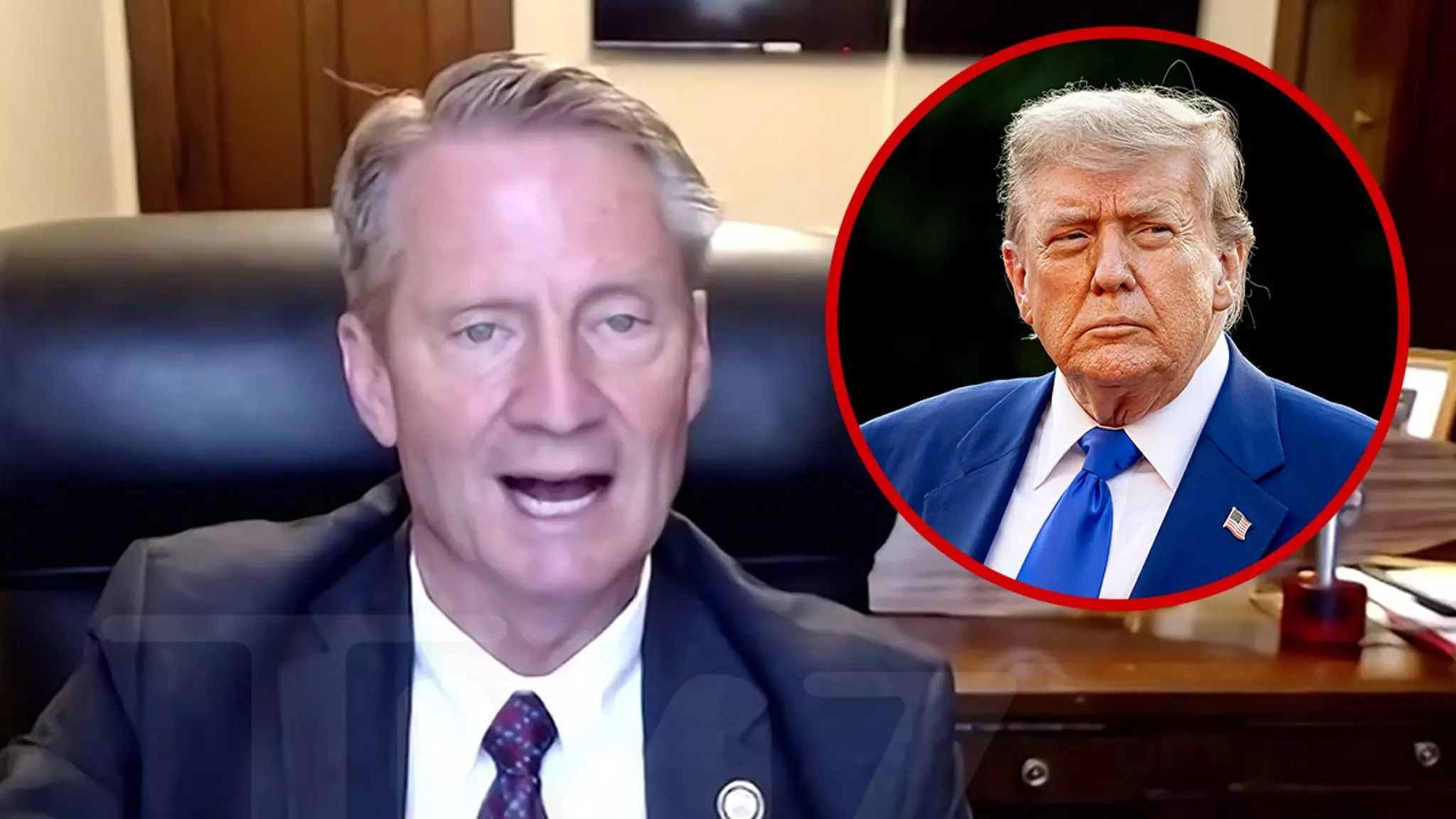The ongoing controversy surrounding Jeffrey Epstein’s extensive network of powerful associates underscores a fundamental dilemma: how do we balance the public’s right to know with the necessity of protecting victims? Rep. Tim Burchett’s call for a special prosecutor highlights a critical gap in accountability and transparency. His stance suggests that without a dedicated figure to navigate the complexities of sensitive information, the American public risks being misled or left in the dark. The presence of high-profile individuals connected to Epstein amplifies the societal importance of this issue, making it clear that opaque dealings threaten justice and erode public trust in institutions.
Implications of Secrecy and Misinformation
Burchett’s skepticism regarding the handling of the Epstein files taps into a broader concern—how misinformation proliferates when details are selectively disclosed or suppressed. The flight manifest, often cited as a key piece of evidence, can be interpreted in myriad ways. Without expert analysis, the public is vulnerable to assumptions rooted in ignorance rather than facts. This situation demonstrates the vital need for transparency, but within a framework that considers the victims’ dignity and privacy. A piecemeal release of information, perhaps facilitated by a specialized investigator, could strike a delicate balance, dispelling rumors while safeguarding sensitive data.
The Political Dimensions and Public Pressure
The politics surrounding Epstein’s case reveal much about the resilience of power dynamics. Trump’s fluctuating stance—initial promises to release files thwarted by political and legal considerations—reflect the complex interplay of interests vested in the secrecy. Burchett dismisses concerns about potential political retaliation, emphasizing a higher moral obligation to pursue truth. Interestingly, the president’s own actions and rhetoric—highlighting how supporters and influencers are caught up in the controversy—further illuminate the frayed fabric of truth and trust. The pressure from both sides suggests that an honest, transparent process isn’t just desirable; it’s imperative for restoring faith in justice systems.
Moving Towards Justice Without Reckless Exposure
What conclusions can be drawn from Burchett’s perspective? While he advocates for progress, he wisely recognizes the dangers of rash disclosures that could harm innocent individuals or victims. His call for a special prosecutor appears rooted in a desire to uncover truth systematically, rather than through sensationalism. The focus should remain on achieving accountability while respecting the legal and ethical boundaries that protect vulnerable populations. Ultimately, the Epstein case becomes a mirror reflecting broader issues—how society handles secrets of power, the importance of independent investigation, and the moral obligation to uphold justice above political convenience. Transparent yet responsible handling of these files could lead to a more informed public and a healthier democracy.

